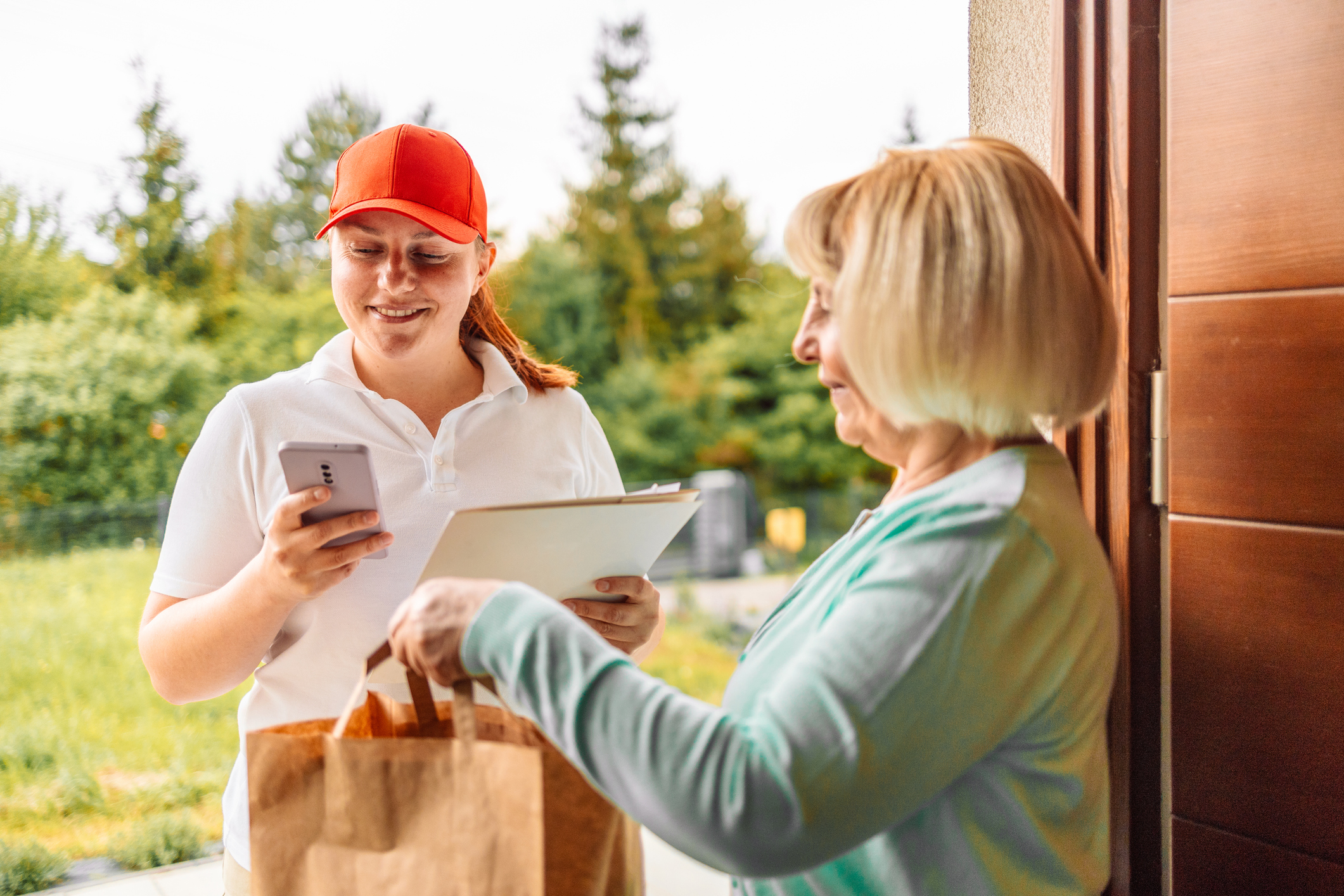A growing number of seniors are living alone as the rate of gray divorce rises, older adults outlive their spouses, and adult children move away to pursue careers. Isolation can be a serious health risk for seniors, leading to depression, poorer physical health, and less community engagement. Following the example of a European model, Canadian postal service workers may soon be adding a program to check on older adults aging in place.
According to a recent Toronto Star The Third Act article, a new report by the National Institute on Ageing proposes that postal workers could connect with older adults with a quick chat at the front door to ensure all is well. The model follows other similar existing programs including France’s La Poste “Watch Over My Parents” service and the “Watch Over” service in Japan. The French program permits postal workers to enter the home and perhaps share a coffee with an older adult enrolled in the program. Being able to witness any changes in behaviour or environment can help alert loved ones or community services to a potential danger to health or well-being for a community-dwelling elder.
With fewer family caregivers to assist older adults aging at home, creative programs to help seniors feel more supported and engaged with their communities will become increasingly important. Using the postal service, a trusted provider already delivering mail to millions of homes makes sense to researchers. As paper mail declines thanks to the rise in digital communication, expanding the postal services to include a formal seniors’ wellness check program could also help protect jobs.
In rural areas, like Ontario’s Prince Edward County, letter carriers have for years been informally checking on seniors and alerting the Community Care agency when mail is uncollected or there are other signs something may be wrong. Many postal workers already keep watchful eye on seniors on their route, but formalizing the service could help provide greater social interaction and safety for older adults. Letter carriers could also help connect seniors with services they need like transportation, meal or grocery delivery, home healthcare, medication delivery, or help with household upkeep.
In the Bailiwick of Jersey, workers do not enter homes during “Call & Check” visits but will chat with seniors and ask five customized questions prompted through an app created by Toronto’s NexJ Health. Letter carriers record the responses to questions like “Have you taken your medication today?” Or “Is there anything you need?” in the app. The answers will be shared with the home office and any relatives, neighbours or service organizations included in the notification list. The model has also received interest as a potential elder abuse protection service.






Add Your Voice
0 Comments
Join the Discussion